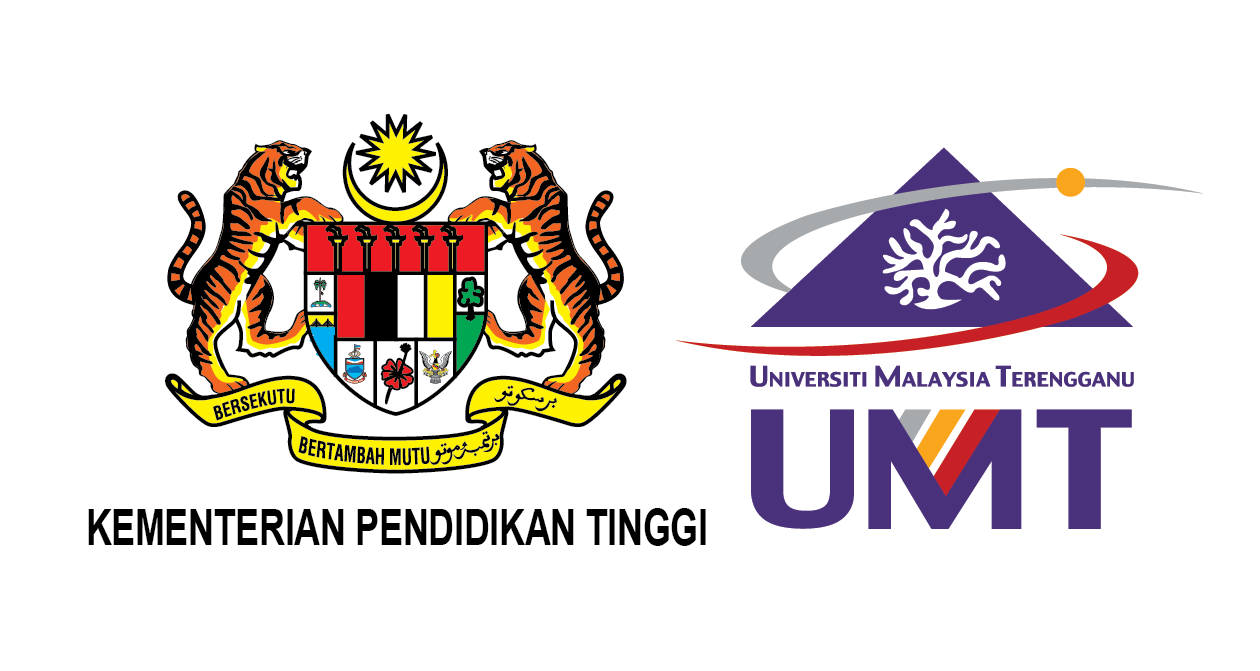Please use this identifier to cite or link to this item:
http://umt-ir.umt.edu.my:8080/handle/123456789/7066Full metadata record
| DC Field | Value | Language |
|---|---|---|
| dc.contributor.author | K. B. LOKE | - |
| dc.contributor.author | A. S. A. KADER | - |
| dc.contributor.author | A. M. ZAMANI | - |
| dc.contributor.author | A. H. SAHARUDDIN | - |
| dc.date.accessioned | 2017-10-04T04:37:35Z | - |
| dc.date.available | 2017-10-04T04:37:35Z | - |
| dc.date.issued | 2015 | - |
| dc.identifier.issn | 18238556 | - |
| dc.identifier.uri | http://hdl.handle.net/123456789/7066 | - |
| dc.description.abstract | The past and current studies are carried out to determine the effective and effcient of prime mover’s performance. Most of the prime mover’s research studies are focused on prime mover allocation or scheduling. Besides, conventional container terminal’s expansion models do not emphasize on prime mover expansion needs based on future traffc demand. Therefore, this study intends to overcome the shortage and develops an alternative choice. It extends from current expansion’s model and using algorithm to calculate the sustainable expansion requirement, to determine the incremental needs of prime mover for the existing container terminal. The purpose of using marginal approach is to determine the commercial viability of expansion. The port planner can determine the actual expansion time, size, cost, and investment recovery period for the expansion of prime mover. Thus, the terminal can minimum the opportunity cost and maximum the cash flow and profit. | en_US |
| dc.language.iso | en | en_US |
| dc.publisher | Journal of Sustainability Science and Management | en_US |
| dc.subject | Prime mover | en_US |
| dc.subject | sustainable expansion | en_US |
| dc.subject | incremental needs | en_US |
| dc.subject | commercial viability | en_US |
| dc.subject | investment recovery | en_US |
| dc.title | SUSTAINABLE EXPANSION MODEL FOR PRIME MOVER IN CONTAINER TERMINAL | en_US |
| dc.type | Article | en_US |
| Appears in Collections: | Journal Articles | |
Items in UMT-IR are protected by copyright, with all rights reserved, unless otherwise indicated.

